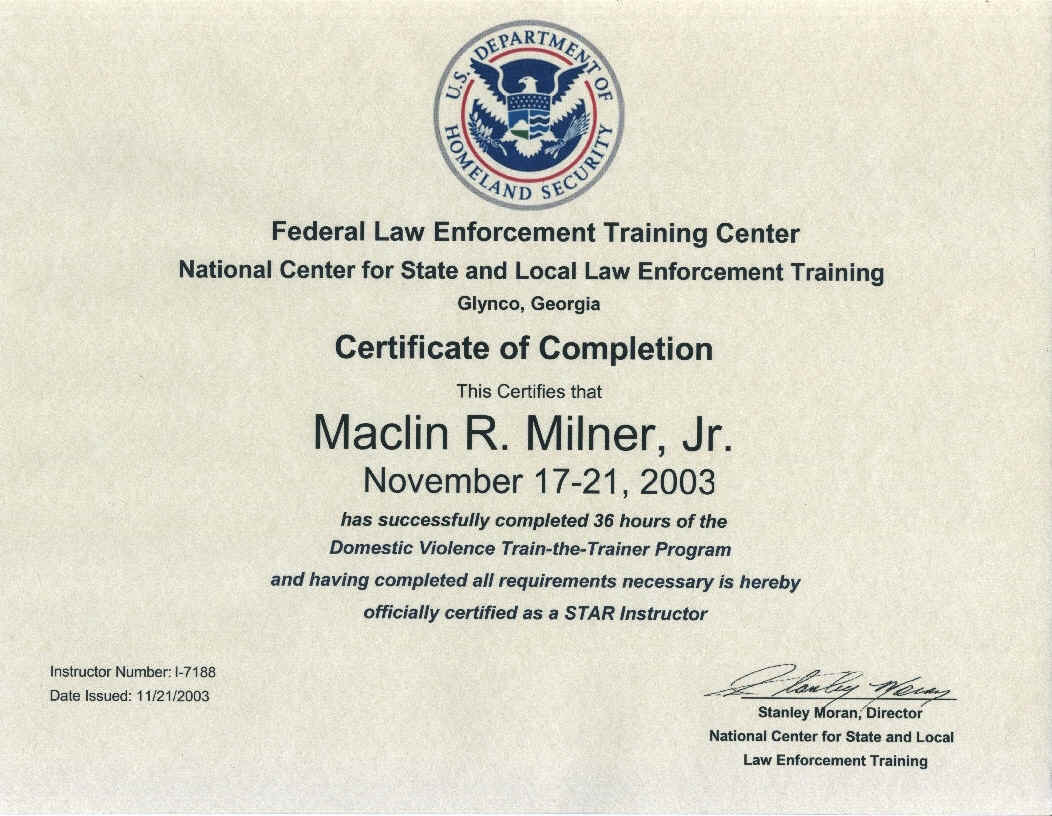Specific Examples of Certification in Federal Programs: What Does Federal Law Say About Certifying Officers

Certifying officers play a vital role in ensuring the integrity and proper disbursement of funds in numerous federal programs. Their certifications verify the accuracy and legitimacy of claims, safeguarding taxpayer dollars and maintaining program effectiveness. Inaccurate or fraudulent certifications can lead to significant financial losses and undermine public trust. The following examples illustrate the crucial role of certifying officers in different contexts.
Certification in the Federal Highway Administration (FHWA) Programs
The FHWA administers various programs providing funding for highway construction and maintenance projects. Certifying officers in these programs verify that projects comply with federal regulations, that work has been completed according to specifications, and that payments are justified. Their responsibilities include reviewing project documentation, ensuring compliance with environmental regulations, and confirming the accuracy of cost reports before approving payment requests from state and local agencies. Inaccurate certifications could lead to the expenditure of funds on ineligible projects or overpayments to contractors, resulting in audits, fines, and potential legal action against both the certifying officer and the recipient agency.
Certification in the Department of Agriculture (USDA) Food and Nutrition Service (FNS) Programs, What does federal law say about certifying officers
The FNS administers several nutrition assistance programs, such as the Supplemental Nutrition Assistance Program (SNAP) and the National School Lunch Program. Certifying officers in these programs verify the eligibility of applicants and recipients, ensuring that benefits are provided to those who qualify. They review applications, verify income and household information, and authorize benefit payments. Fraudulent certifications in these programs, such as falsely claiming eligibility or providing inaccurate information, can result in criminal prosecution, financial penalties, and disqualification from future benefits. The impact on beneficiaries who genuinely need assistance is also significant, as fraudulent claims reduce the available resources for those in need.
Certification in the Department of Health and Human Services (HHS) Medicare Program
The Medicare program provides healthcare coverage for seniors and individuals with disabilities. Certifying officers in the Medicare program play a crucial role in ensuring that healthcare providers are properly reimbursed for services rendered. They verify the accuracy of claims submitted by healthcare providers, ensuring that services were medically necessary, were provided to eligible beneficiaries, and were billed at the correct rates. Inaccurate or fraudulent certifications in Medicare can result in significant financial losses for the program, leading to increased premiums for beneficiaries and reduced access to care. The consequences for healthcare providers involved in fraudulent billing practices can include significant fines, exclusion from the Medicare program, and even criminal prosecution.
| Program | Certifying Officer’s Role | Consequences of Inaccurate/Fraudulent Certification | Potential Penalties |
|---|---|---|---|
| FHWA Highway Programs | Verification of project compliance, completion, and cost accuracy. | Waste of taxpayer funds, project delays, audits, legal action. | Fines, legal repercussions for certifying officer and recipient agency. |
| USDA FNS Nutrition Programs | Verification of applicant eligibility and benefit accuracy. | Misallocation of funds, denial of benefits to eligible recipients, criminal prosecution. | Fines, disqualification from benefits, criminal charges. |
| HHS Medicare Program | Verification of healthcare provider claims for accuracy and legitimacy. | Significant financial losses for the program, increased premiums, reduced access to care. | Fines for providers, exclusion from Medicare, criminal prosecution. |

Tim Redaksi